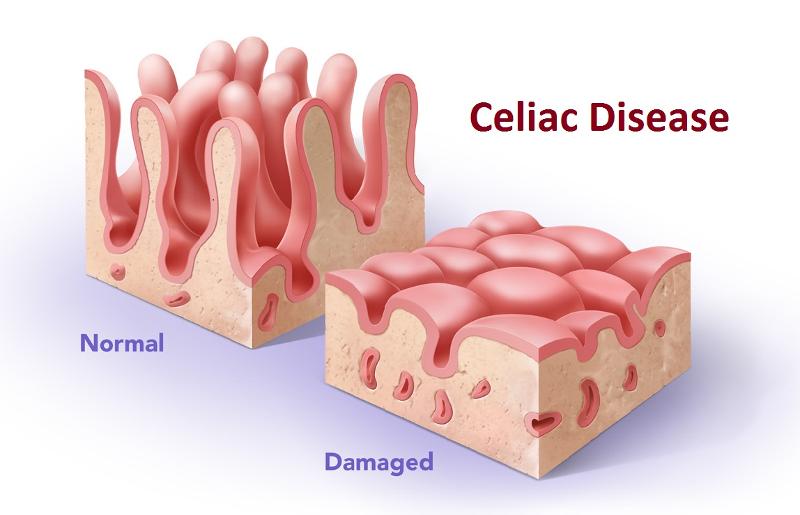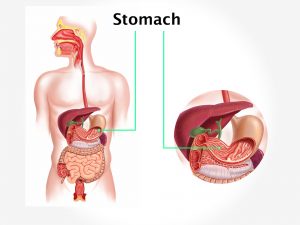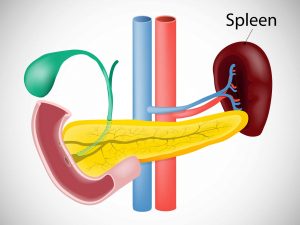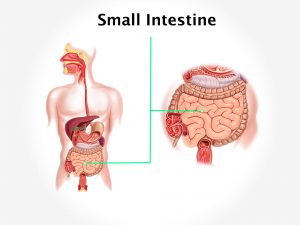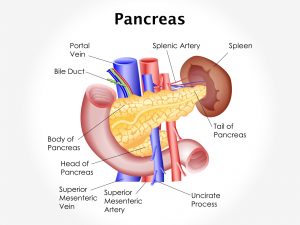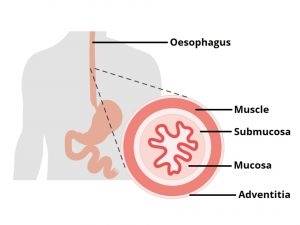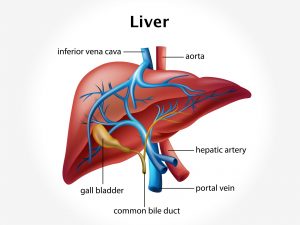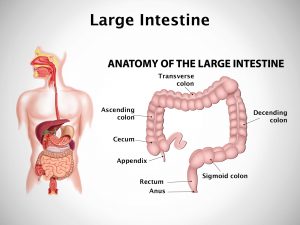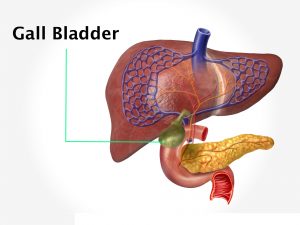Causes and risk factors:
Coeliac disease is caused due to abnormal reaction of the immune system to gluten. The intestinal wall is lined by a finger like projections called as villi. One of the major functions of these villi is absorption of nutrients. Inflammation and flattening of these villi (villous atrophy) hampers the absorption of nutrients resulting in various manifestations. Genetic predisposition is one of the major contributing factors for coeliac disease. Certain emotional stress, surgery, pregnancy or viral infection can trigger coeliac disease.
Clinical presentations:
Although a gastric disorder manifestations are seen at different levels. Symptoms vary from person to person. Many people remain asymptomatic for a long time. Some other will come up with symptoms like abdominal pain, discomfort, distention of bloated feeling. Fatigue, weight loss, bone pain, altered bowel habit are seen. Affections in children causes delayed growth and failure to thrive. Cramps, tingling and numbness, ulcers in mouth and affections of skin, discoloration of teeth and irregular menstrual periods are other complaints seen. Certain behavioral changes can also be seen. Irritability and depression are the major manifestation seen.
Diagnosis and investigations:
Diagnosis can be made on the basis of the symptoms narrated by the patients and the physical examination carried out by the doctor. Palpation of the abdomen is carried out. Routine stool test is done in all cases. An X-ray can be advised. Endoscopy, biopsy and genetic testing for HLA will confirm the diagnosis. Certain other investigations can also be done to rule out other causes.
Treatment:
Adoption of gluten free diet is the main line of treatment. Iron, vitamin and mineral supplements are started. In severe damaged cases steroid medications are started. Symptomatic relief of other symptoms is needed.
Other Modes of treatment
The other modes of treatment can also be effective in treating coeliac. Homoeopathy is a science which deals with individualization considers a person in a holistic way. This science can be helpful in combating the symptoms. Similarly, the ayurvedic system of medicine which uses herbal medicines and synthetic derivates are also found to be effective in treating the complaints.
Recent update:
An analysis of food items made from rice by researchers at Miguel Hernandez University of Elche, Spain, has found that people with celiac disease who consume rice based foods may be affected by high amounts of arsenic.
